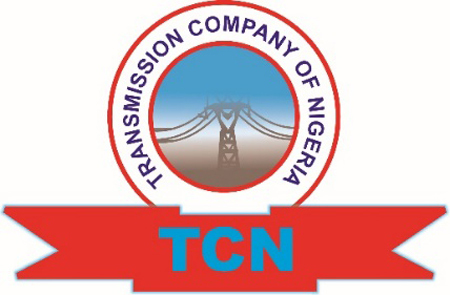

The Federal Government (FG) has disclosed plans to unbundle the Transmission Company of Nigeria (TCN) into two entities: the Independent System Operator (ISO) and the Transmission Service Provider (TSP).
It also stated that the major issue in the power sector is the pricing of gas used by GenCos in dollars, a hugely volatile variable that significantly affects the pricing of electricity to end-users.

The Minister of Power, Mr Adebayo Adelabu, disclosed at the ministerial retreat on the integrated national electricity policy and strategic implementation plan (INEP-SIP) in Abuja on Tuesday.
He said this became imperative as the transmission sub-sector has been identified as a critical weak point in the value chain, a view widely shared.
His words: “To align with the Electricity Act 2023 and the industry’s demands, it’s time to restructure the Transmission Company of Nigeria (TCN) into two entities: the Independent System Operator (ISO) and the Transmission Service Provider (TSP).”
The Minister noted that the restructuring must synchronise with the evolving landscape of state electricity markets, addressing calls for the decentralisation of the national grid into regional grids interconnected by a new higher-voltage national or super-grid.
“Essentially, we must ask whether the government should directly provide electricity nationwide or rather facilitate its provision.
“Drawing comparisons with China’s centralised model and the US’s diverse access models—like rural cooperatives and state-based utilities with regulatory oversight—presents various considerations,” he said.
On electricity pricing, Adelabu said a preferable option is to ensure that the gas utilised by GenCos is traded in Naira so as to better manage the foreign currency-related inflationary trends that challenge the faithful application of the Multi-Year Tariff Order (MYTO) methodology.
“While we appreciate the interplay of contractual obligations, economics, and the application of the Petroleum Industry Act, it must also be said that, as a matter of urgent national interest and economic survival, we must find ways and means to pursue domestic gas policies and incentivize stakeholders for the supply of gas for inland use in electricity supply, other industrial activities, and conversion to CNG and LPG for transportation and domestic uses, respectively.
“Therefore, I would suggest that one of the major deliverables from this policy-making process is a viable method for establishing a sustainable capital investment programme around gas processing and transportation infrastructure with its associated fiscal incentives and policies that will attract and unlock investments into the production of Naira-denominated gas from inland gas basins and in Non-Associated Gas fields from Nigeria’s various prolific hydrocarbon basins. ”
YOU SHOULD NOT MISS THESE HEADLINES FROM NIGERIAN TRIBUNE
GSK/P&G exit: Why investors are leaving Nigeria — Atedo Peterside
Founder of Stanbic IBTC Bank, Atedo Peterside has revealed cogent reasons investors are running away from…
How my client raped me during ritual at his house — Female traditional healer
A 26-year-old South African female traditional healer has narrated her horrifying experience of being allegedly raped by…
Naira falls to N1,099/$, closes gap to parallel market value
The official foreign exchange (FX) market on Friday oscillated downwards, thereby shrinking the gap/spread between the official and…
RIVERS CRISIS: Wike’s loyalists restrategise, insist on Fubara’s impeachment
IN spite of the intervention of President Bola Tinubu in the face-off between Governor Sim Fubara of Rivers State and his predecessor, Mr Nyesom Wike, there are…
Why the north suddenly cares about northern lives
It should be made clear from the outset that I am overwrought with immense grief by the heartbreaking but…
Naked Olympics: Sporty naturists take to the beach in Rio to compete at the Naked Olympics
A group of brave nudists are competing in Rio’s NAKED Olympics every weekend, in a stripped back version of…








